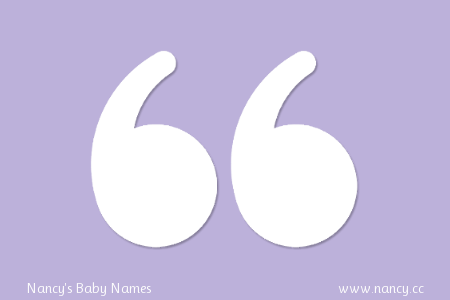Ready for another batch of name quotes? Here we go!
From the article “What your name says about your age” (2016) in The Hindu:
Movie stars seem to have an impact on naming conventions too. The median [age of women named] Raveena, Karishma, Twinkle and Kajol are between 20 and 23 today, which, given the two movie stars’ debuts in the early 90s, makes sense. The median Aishwarya is 21, which is roughly how many years ago Ms. Rai Bachchan won the Miss World title.
Among men, there has been a sharp rise in the popularity of Shahrukh and Sachin, both peaks coinciding with their debuts on film screens and the cricket field respectively. Amitabh is declining in popularity after hitting a peak among those who were born in the mid 70s.
Finally, two unrelated quotes from a 2008 Mental Floss article about undesirable names. Here’s the first:
In June 2001, a total solar eclipse was about to cross southern Africa. To prepare, the Zimbabwean and Zambian media began a massive astronomy education campaign focused on warning people not to stare at the Sun. Apparently, the campaign worked. The locals took a real liking to the vocabulary, and today, the birth registries are filled with names like Eclipse Glasses Banda, Totality Zhou, and Annular Mchombo.
And here’s the second:
When Napoleon seized the Netherlands in 1810, he demanded that all Dutchmen take last names, just as the French had done decades prior. Problem was, the Dutch had lived full and happy lives with single names, so they took absurd surnames in a show of spirited defiance. These included Naaktgeboren (born naked), Spring int Veld (jump in the field), and Piest (pisses). Sadly for their descendants, Napoleon’s last-name trend stuck, and all of these remain perfectly normal Dutch names today.
For more quotes about names, check out the name quotes category.


